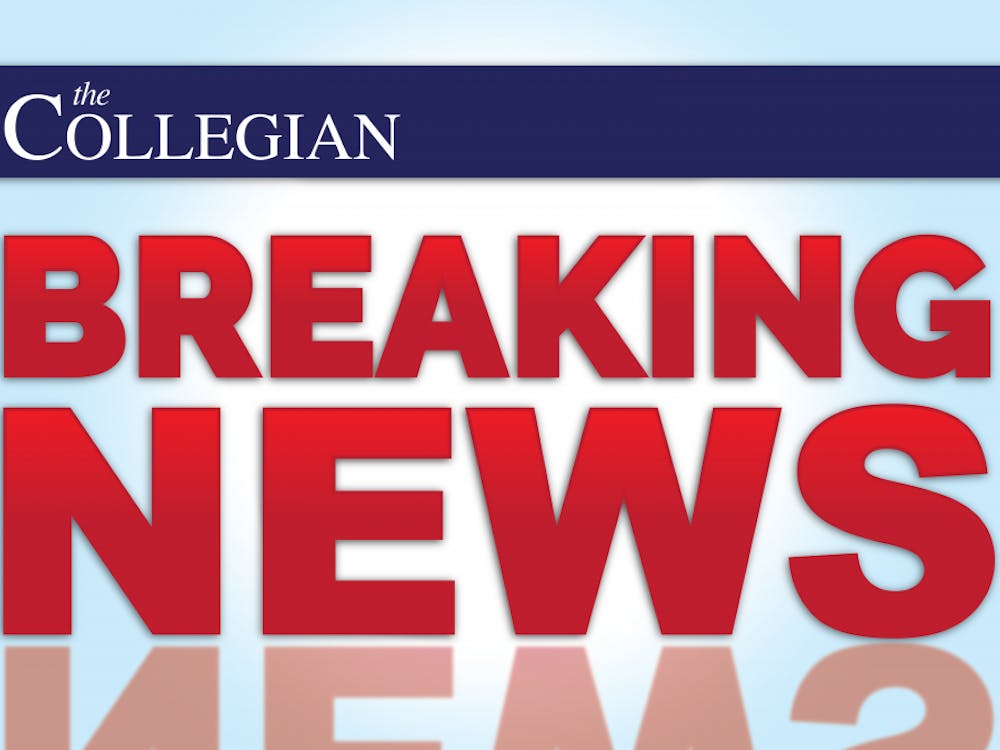Employment opportunities for massage therapists are expected to grow 19 percent yearly from 2008 to 2018, according to the Occupational Outlook Handbook, because more people are learning the benefits of massage therapy.
The University of Richmond School of Continuing Studies is introducing a Center for Massage Therapy Studies that will provide clinical and therapeutic massage education for existing massage therapists and those interested in the profession.
The School of Continuing Studies was always trying to figure out what the community needed and meet that need, Stephanie Bowlin, community education outreach program manager, said.
"We felt like this would be a good fit for us also because the university is so dedicated to wellness and health," Bowlin said.
Massage therapy is the practice of using touch to manipulate the soft tissue muscles of the body, according to the program's website.
It is performed to treat painful ailments, decompress tired and overworked muscles, reduce stress, rehabilitate sports injuries and promote general health.
The School of Continuing Studies will be an approved provider of the Certified Massage Therapist program through the National Certification Board for Therapeutic Massage and Bodywork. Certified massage therapists must obtain certification from the NCBTMB.
The School of Continuing Studies will offer a 700-hour accredited program to prepare students to pass the exam. The program exceeds the 500-hour minimum requirement for national certification and most state-licensing requirements.
There will be two ways to complete the program, part-time for 11 months beginning each September or full-time for six months beginning each January and July. Tuition for either is $9,000.
Topics covered will include massage and bodywork assessment, theory and application instruction, anatomy, physiology, pathology, business and ethics and specializations such as reflexology, aromatherapy and prenatal massage.
A student clinic will offer one-hour supervised massages by a massage therapist student for $20 on select Fridays and Saturdays beginning winter 2011.
\
Enjoy what you're reading?
Signup for our newsletter
"We strive to offer our students hands-on experience in working with a diverse population, while offering a valuable service to the community," the program's website states. Students will practice the skills learned in class and benefit from client feedback.
The program will max out at 14 students so they can receive close, individual care, program coordinator Jacqueline Gooding said.
"It's the details that make a really good therapist become a great therapist," Gooding said.
Certified massage therapists must complete continuing education requirements to recertify through NCBTMB every four years. The program will also offer accredited workshops and training for continuing education.
"From the newest bodywork and massage practices to specialized certification workshops, we provide the best training to keep your certification up-to-date and keep your knowledge fresh," the program's website states.
The program will bring instructors from other states, and sometimes other countries, to teach programs and topics that are not often available in central Virginia. These courses are open to the public. People aren't required to be a certified massage therapist to participate.
An information session will be held from 6 p.m. to 8 p.m. May 17 in the Jepson Alumni Center for those interested in finding out more about massage therapy as a career, scheduling and curriculum information, the application process and meeting the director of and instructors for the program.
Go to scs.richmond.edu for more information.
Contact staff writer Sarah Craig at sarah.craig@richmond.edu
Support independent student media
You can make a tax-deductible donation by clicking the button below, which takes you to our secure PayPal account. The page is set up to receive contributions in whatever amount you designate. We look forward to using the money we raise to further our mission of providing honest and accurate information to students, faculty, staff, alumni and others in the general public.
Donate Now


